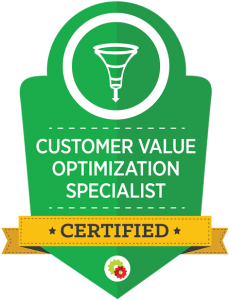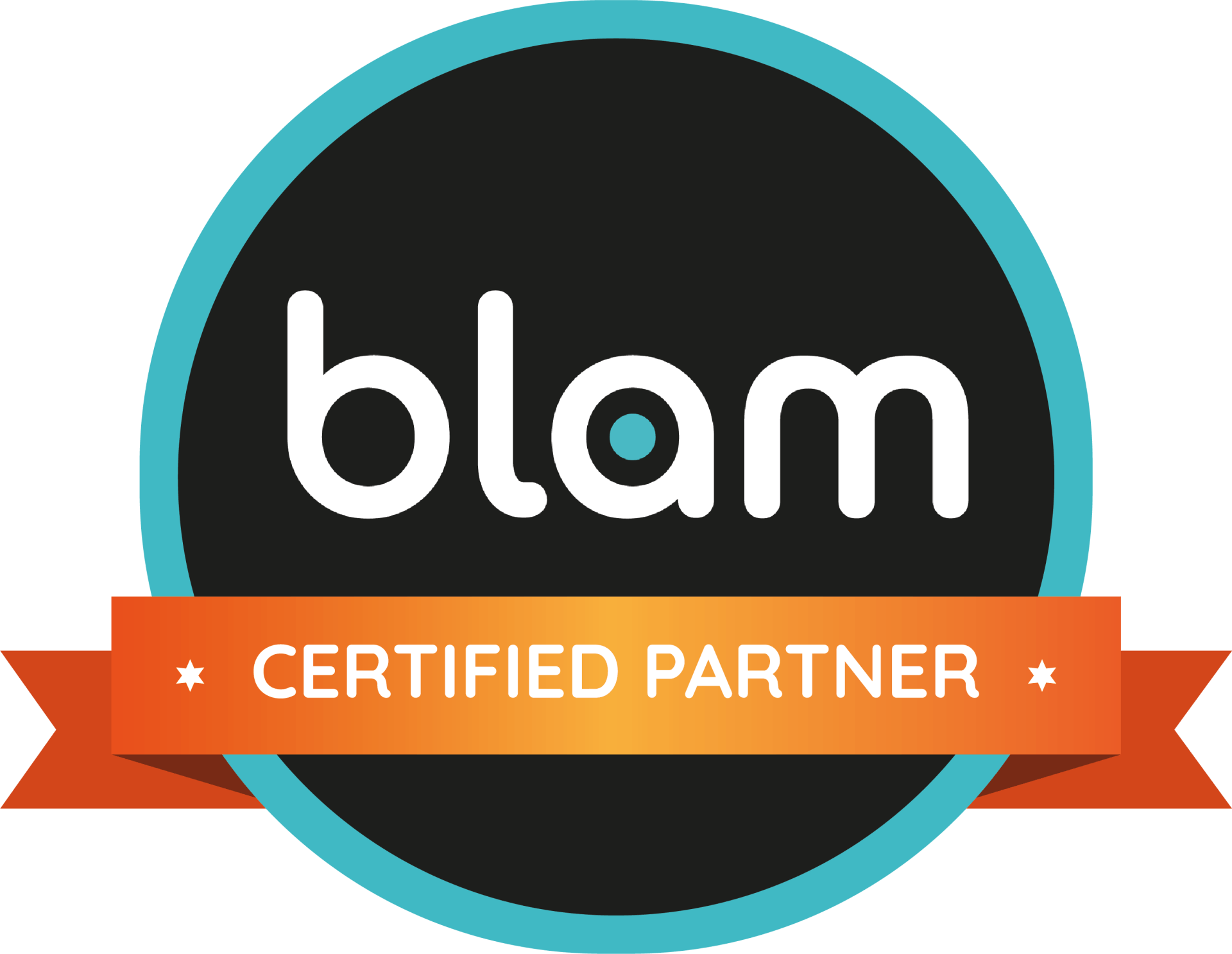What Is an ERP System and Why Does Your Business Need One?
What Is an ERP System and Why Does Your Business Need One?
Imagine juggling multiple tasks, departments, and processes in your business. At first, it’s manageable with spreadsheets and individual software, but as your business grows, things can get chaotic. This is where an ERP system comes into play—a game-changing solution designed to streamline operations and boost efficiency.
What Is an ERP System?
ERP stands for Enterprise Resource Planning, a type of software that integrates all your business’s core processes into one central system. Whether it's managing inventory, tracking sales, accounting, or handling customer relationships, an ERP system brings everything together under one roof.
Instead of relying on separate tools or disconnected systems, ERP offers real-time data and interconnectivity, helping you make informed decisions and stay ahead of the curve.
Why Does Your Business Need An ERP?
The truth is, not every business needs an ERP system. If your operations are simple, running smoothly, and cost is a concern, it might not be the right fit.
But for growing SMEs facing inefficiencies and complexity, an ERP can transform your operations and set you up for scalable success.
For small and medium-sized enterprises (SMEs), every penny and minute matters. Here’s how an ERP system can transform your operations:
- Enhanced Efficiency Time-consuming manual tasks are automated, freeing up resources to focus on growth.
- Better Decision-Making With all your data in one place, you'll have a complete picture of your business to identify trends, forecast performance, and make proactive decisions.
- Cost Savings ERP helps reduce redundancies and errors, ultimately lowering costs. For instance, tracking inventory accurately means avoiding overstocking or running out of supplies.
- Scalability As your business grows, an ERP system grows with you, accommodating new processes and more data without breaking a sweat.
- Improved Collaboration Team members across departments work together seamlessly, accessing the same up-to-date information.
Common Pitfalls to Watch Out For
ERP implementation is powerful but not without challenges. Here are pitfalls SMEs might face:
- Choosing the Wrong System Not all ERP systems are created equal. Selecting one that doesn't align with your business needs can lead to wasted resources.
- Poor Planning Diving in without a clear strategy may result in confusion and inefficiencies during implementation.
- Underestimating Training Needs ERP systems can be complex, and your team needs sufficient training to use them effectively.
- Underestimating Resource & Time Requirement during implementation In my experience businesses rarily
- Neglecting Phase Two Improvements Many businesses stop optimizing their ERP after implementation. Phase Two improvements—like customising workflows—are crucial to long-term success.
How We Can Help
At Right Hand Consulting, we specialise in guiding SMEs through ERP implementation and improvements. Whether you’re starting from scratch or fine-tuning your system, our tailored solutions make the process simple and stress-free.
From initial planning to ongoing support, we ensure your ERP system is perfectly aligned with your goals, scalable for growth, and intuitive for your team to use. Think of us as a partner invested in your success, making the journey manageable and rewarding.
Practical Tips for ERP Implementation
Here’s how to get started and succeed:
- Assess Your Needs Identify your business’s pain points—what processes are disorganised, manual, or inefficient? This clarity helps you choose the right ERP features.
- Research Systems Carefully Seek recommendations, read reviews, and compare ERP providers. Look for systems designed with SMEs in mind.
- Define Clear Goals Set measurable objectives for your ERP implementation. For example, “reduce order processing time by 30%.”
- Invest in Training Ensure your team understands how the system works and how it benefits them.
- Prepare Team for Change Open communications with your team, will help ensure buy in as the project is rolled out.
- Commit to Phase Two Regularly review your ERP system after implementation to optimise workflows and add new functionality.
Reassurance and Final Thoughts
ERP implementation might sound overwhelming at first glance, but with the right tools and guidance, it’s entirely achievable. Remember, the goal is to simplify and enhance your operations—not complicate them.
Investing in an ERP system is one of the best moves an SME can make to prepare for growth and success. And with the right partner, you’ll navigate the journey with confidence.
Let’s Connect
If you’re ready to explore ERP systems for your business, Right Hand Consulting is here to help. We’d love to discuss your needs, answer your questions, and find solutions that work for you. Reach out today to get started!
Contact Us












